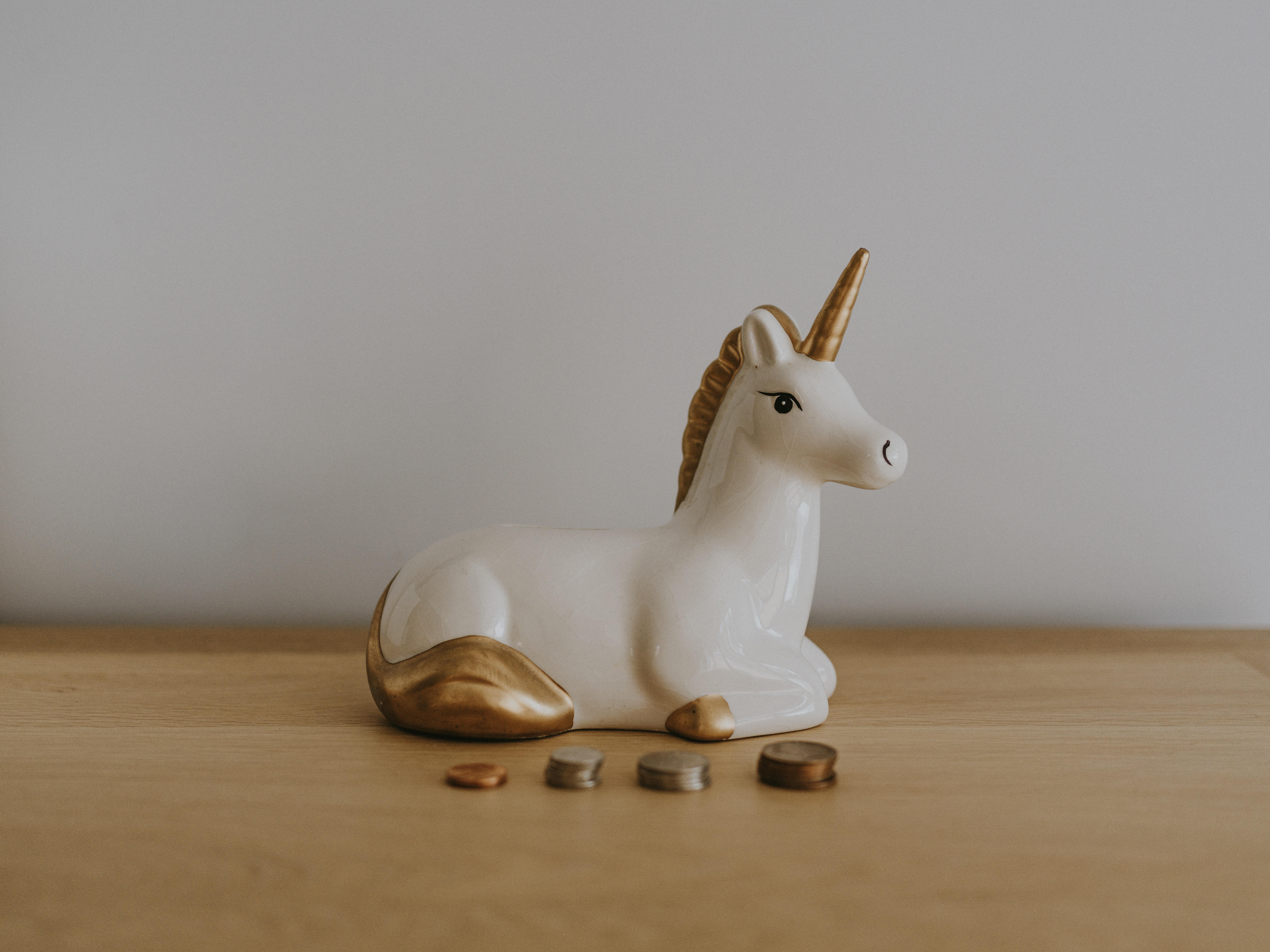If you want to get into investing, you’ve probably looked into a term deposit before. It’s a great tool for a short-term fund that can start earning a profit fairly quickly. It’s a more secure form of investment than share trading or real estate investing and, up to a certain amount, your investment is protected by a government guarantee.
So, how do term deposits work? How do you choose between interest rates? Are they different from personal loans and student loans? Here’s what you need to know.
Term Deposit Basics
A term deposit is a fixed-term investment. This means that, at the onset, you’ll determine how much you invest and for how long. You’ll also determine the frequency of your interest payments. This means that term deposits are quality investments that can compete with even the best savings account. Compared to some money market accounts (and if the term “money market” confuses you, don’t worry), a term deposit has a shorter maturity.
When you open a term deposit account, the bank is able to use that money to invest in other financial products for a higher rate of return than what you’re getting paid. Since banks are still businesses, they want to offer lower rates for term deposits and instead charge higher rates for personal loans and student loans where they stand a chance to make more money. However, this requires a fine balance as poor rates can turn off prospective investors.
You can open a term deposit account fairly easily at your financial institution, much like you would with a checking account or savings account. Depending on the financial institution’s disclosures, there will be a minimum balance requirement. Of course, you can invest above a minimum balance for your certificate of deposit (CDs).
Also, since term deposits are fixed-term investments, that means that your investment can’t be withdrawn as easily as going to an ATM. In fact, you’ll have to request early termination from the account holder which will lead to an early withdrawal penalty if you’re approved. It’s best not to think of financial products like a term deposit as an emergency fund.
Choosing a Term Deposit Account
Making a term deposit decision will require a bit of work and you may have to visit several credit unions or discuss your needs with an online bank. Unlike choosing a credit card, where a higher rate is negative, you’re going to want more of a return on your investment. Even though term deposits are necessarily a high-yield savings account, depending on the current interest rates you can make a solid sum of money. Of course, this doesn’t mean you should simply choose the highest rate and call it a day. Compare it to the average savings account rate and review the financial institution’s minimum balance requirement and early withdrawal penalty.
If you need to compare term deposit rates, there are also tools that will help you calculate your annual percentage yield and estimate the profit you can make. You can use similar tools for securities products, debit card options, and deciding between the best credit cards. If you’re ever unsure of the decision you should make, you should try to meet with an advisor from your financial institution.
A term deposit is a solid investment account that lets you go through your business days knowing you’re earning some passive income. You want to find the right balance with your credit union, online bank, or financial institution, but it can net you more of a profit than a traditional savings account. Always do your due diligence when it comes to financial products and meet with an advisor if you have any questions. It’s your money, after all. You simply want to help it grow.






